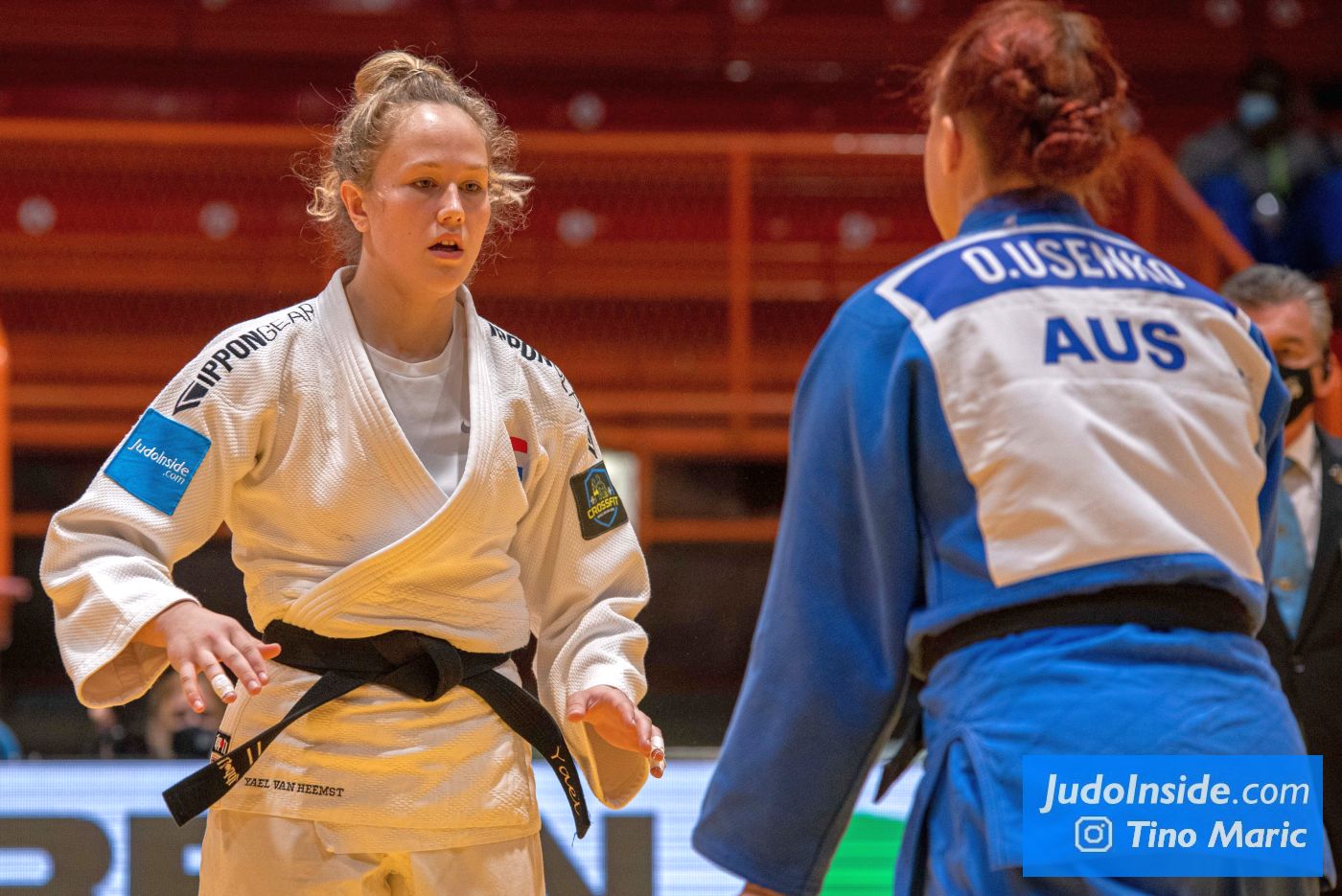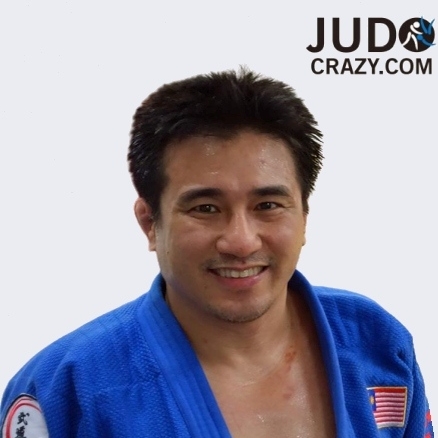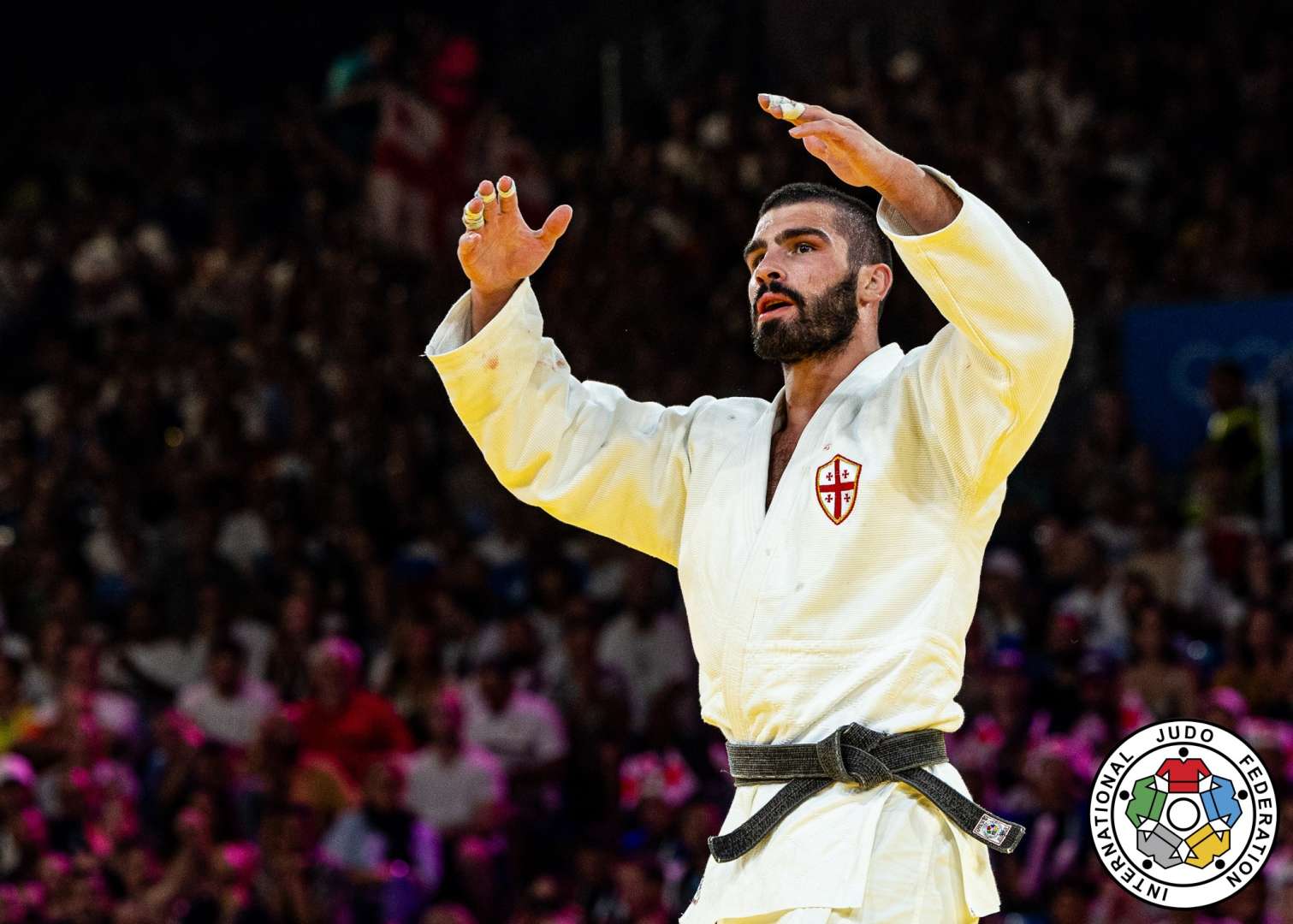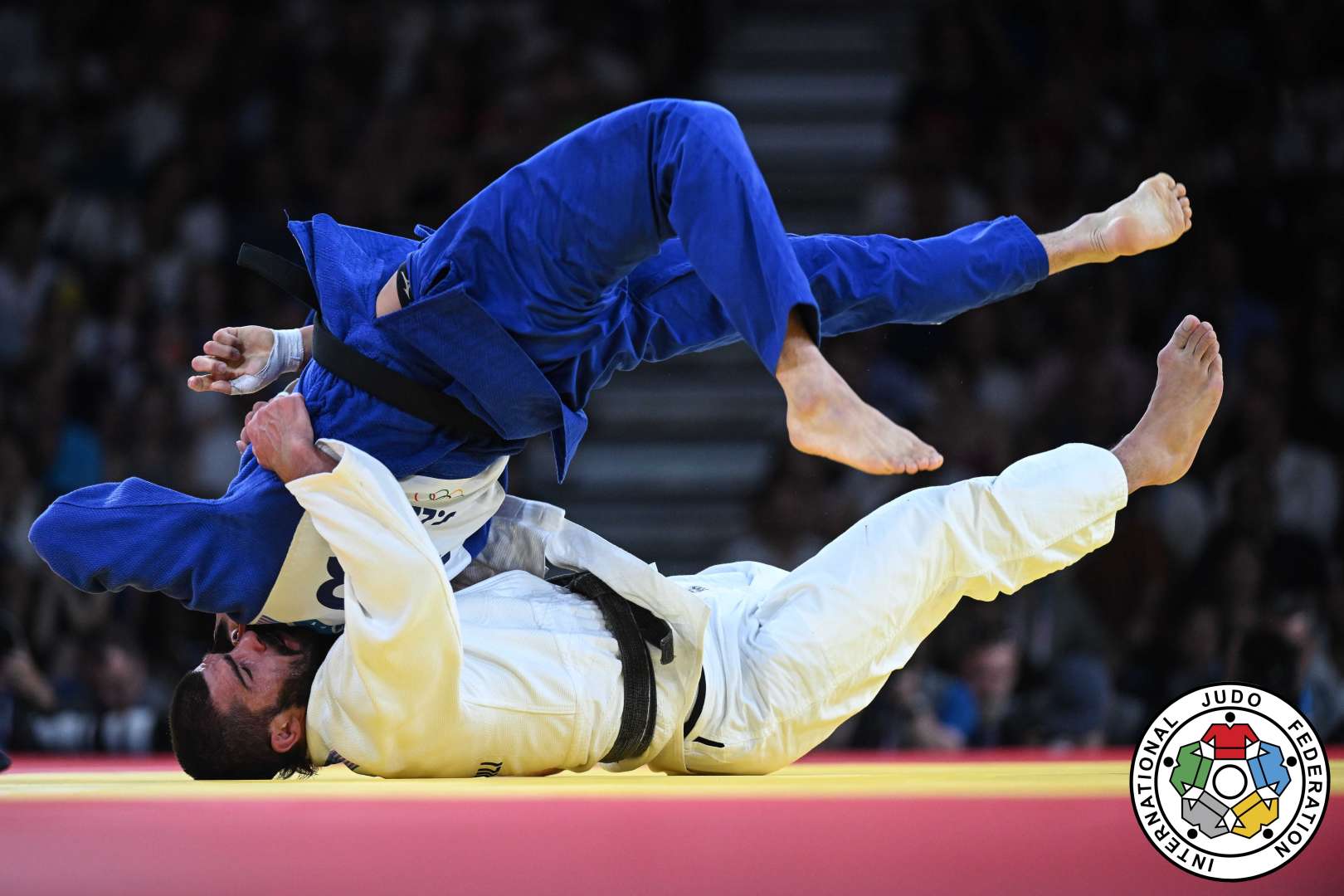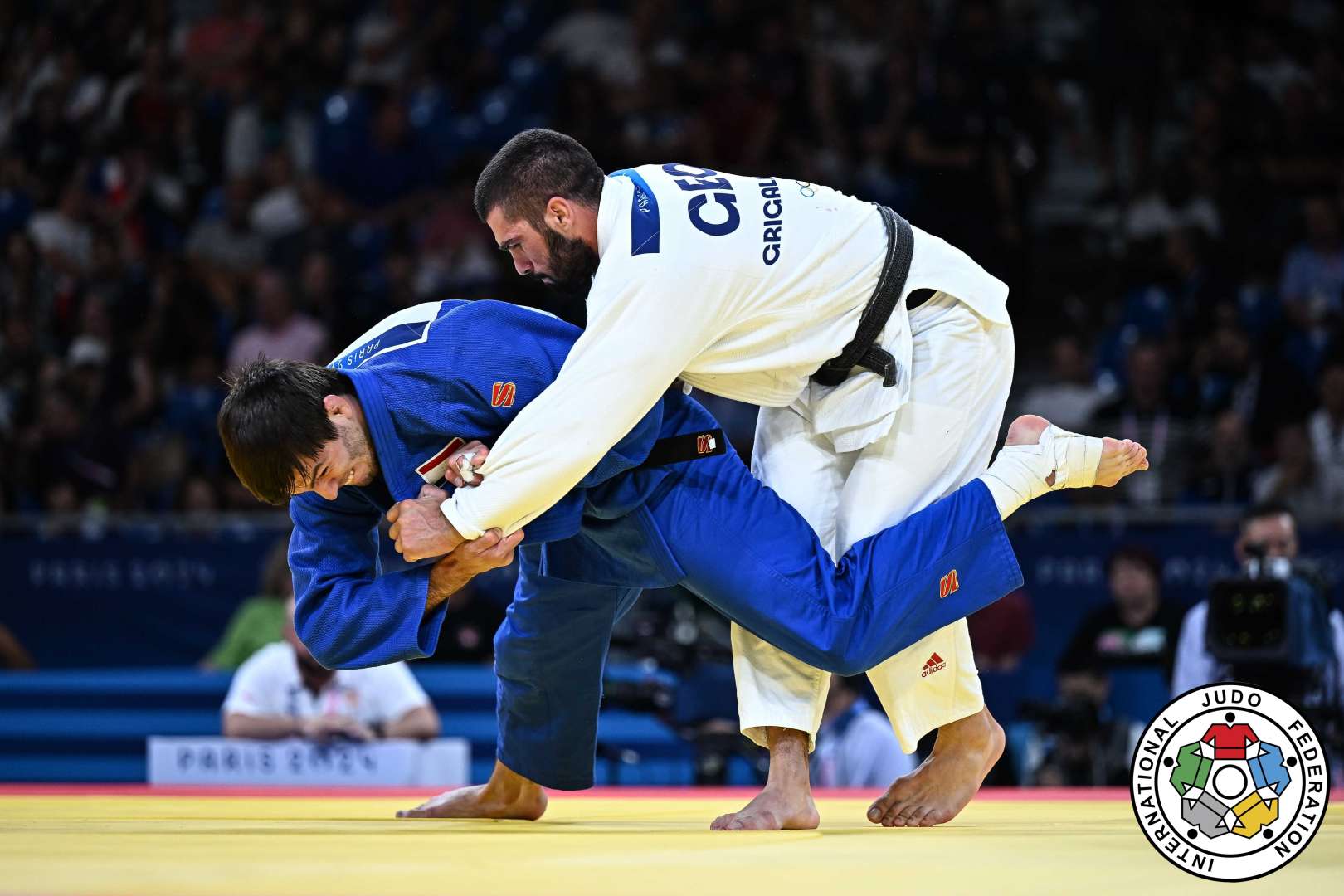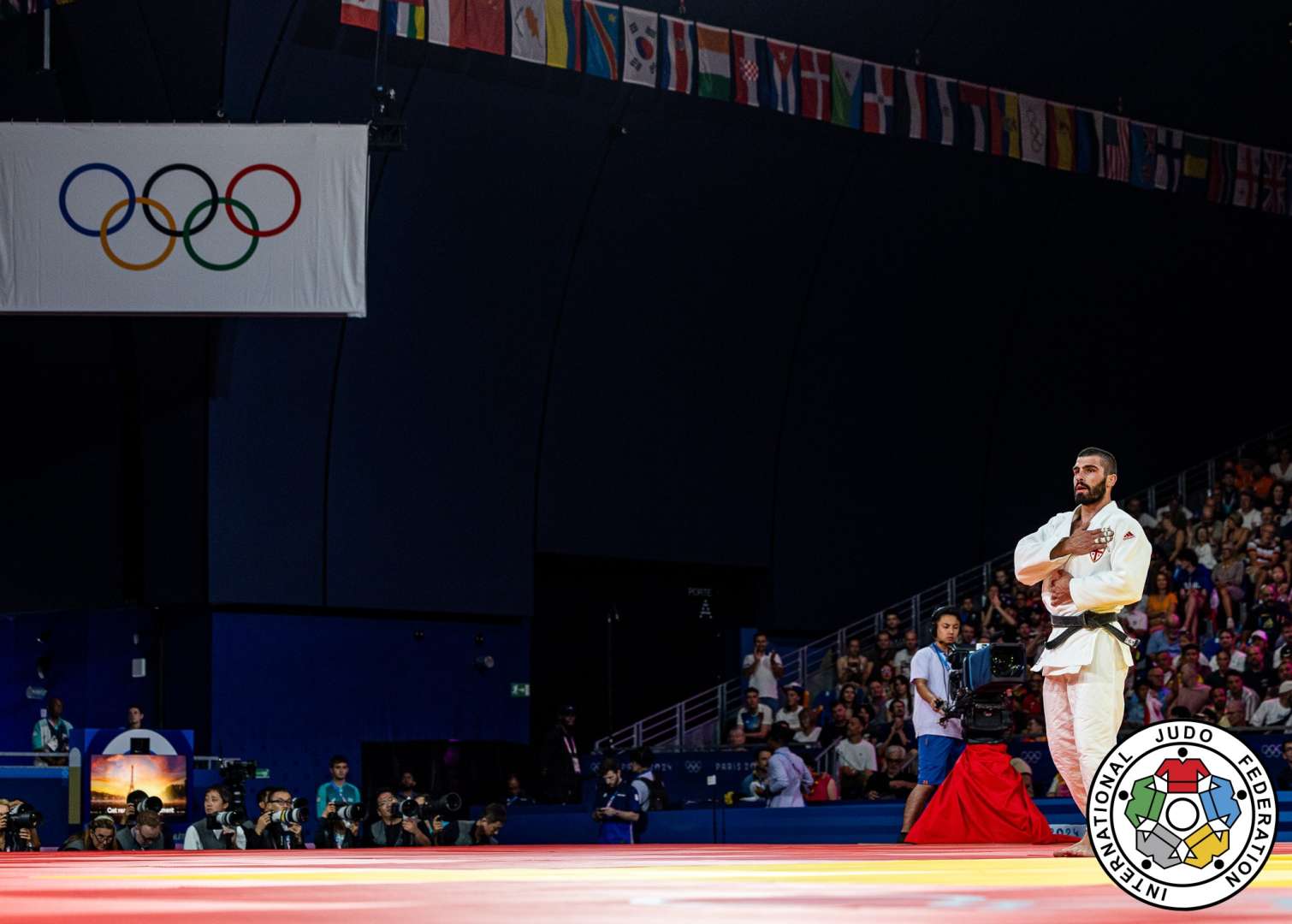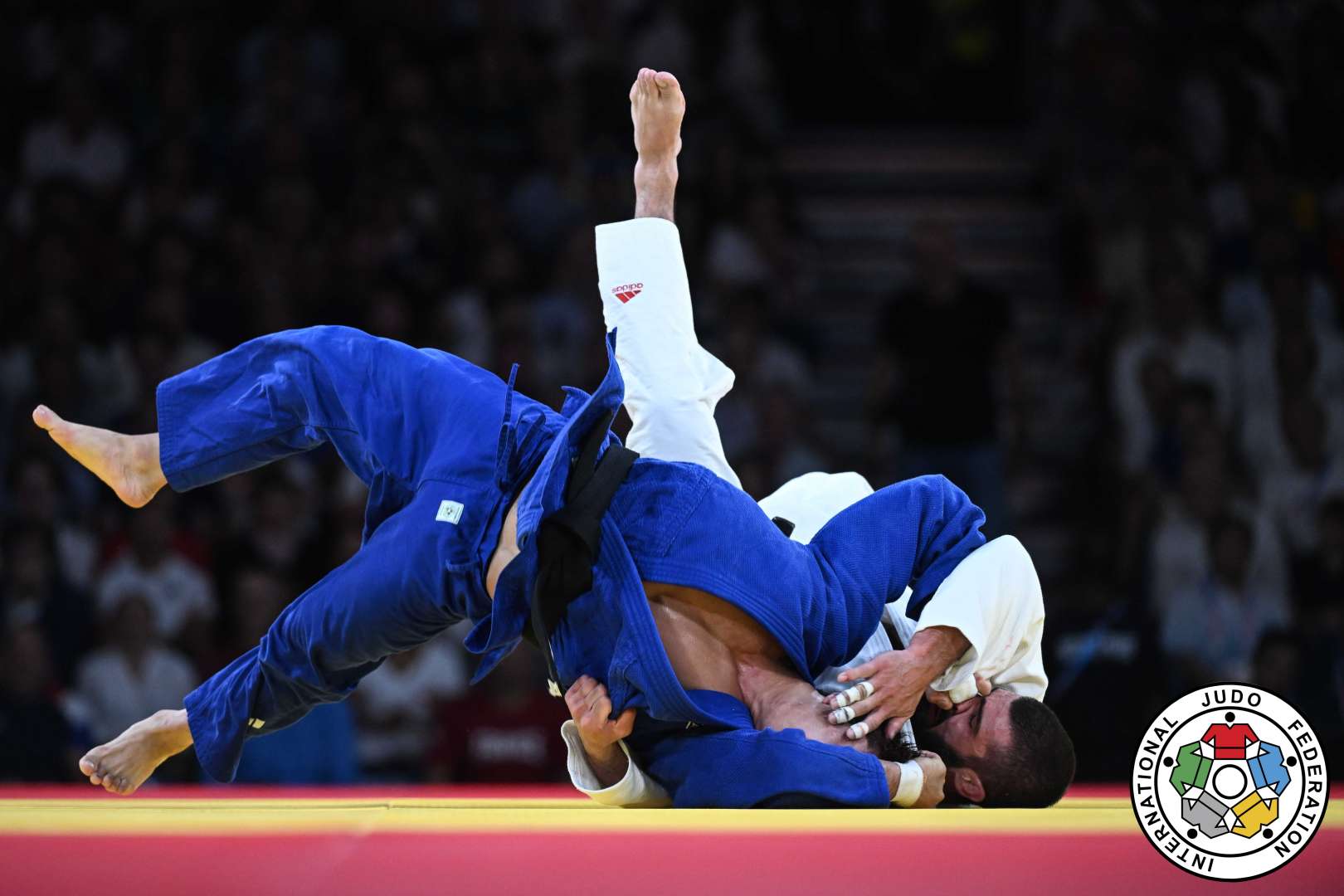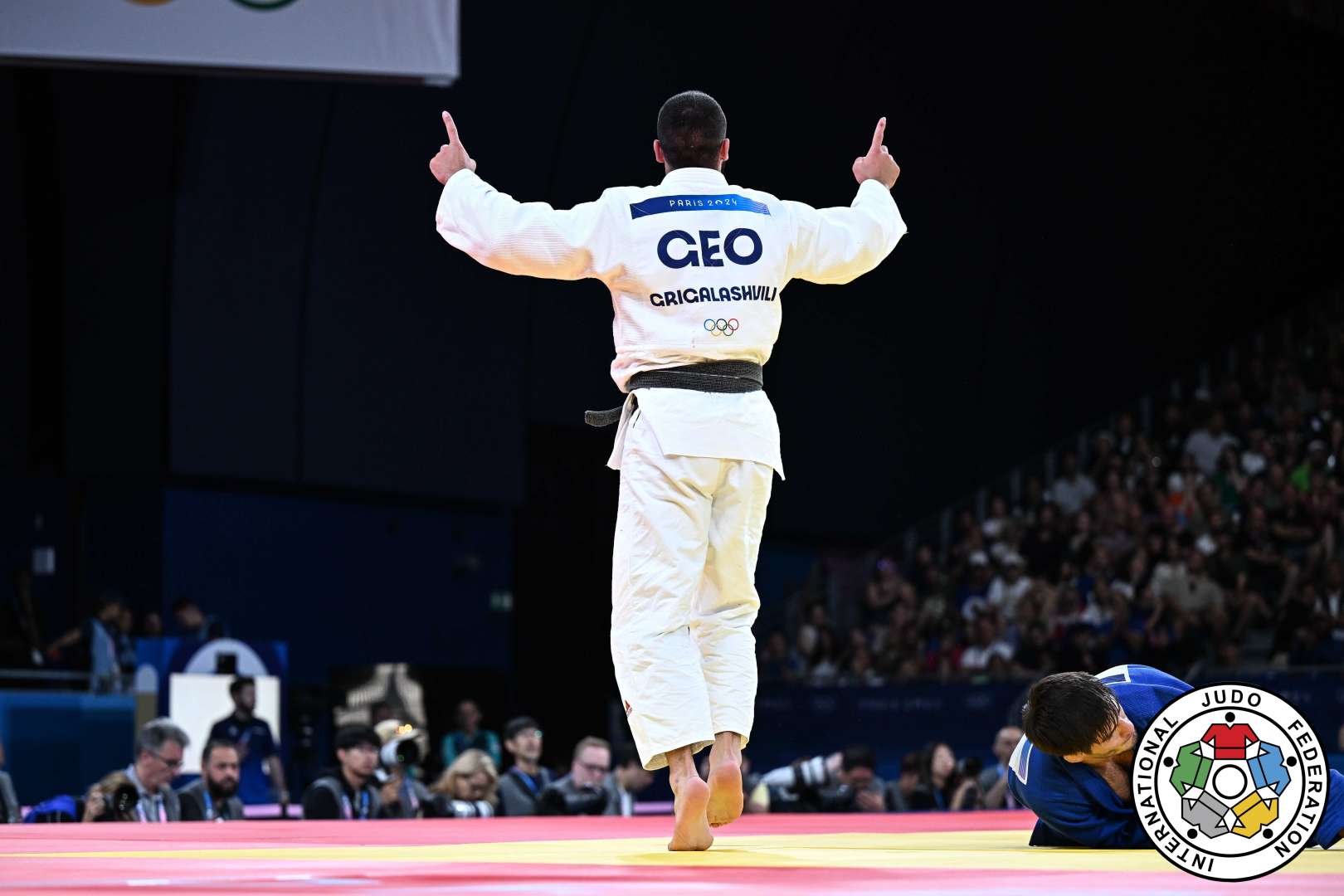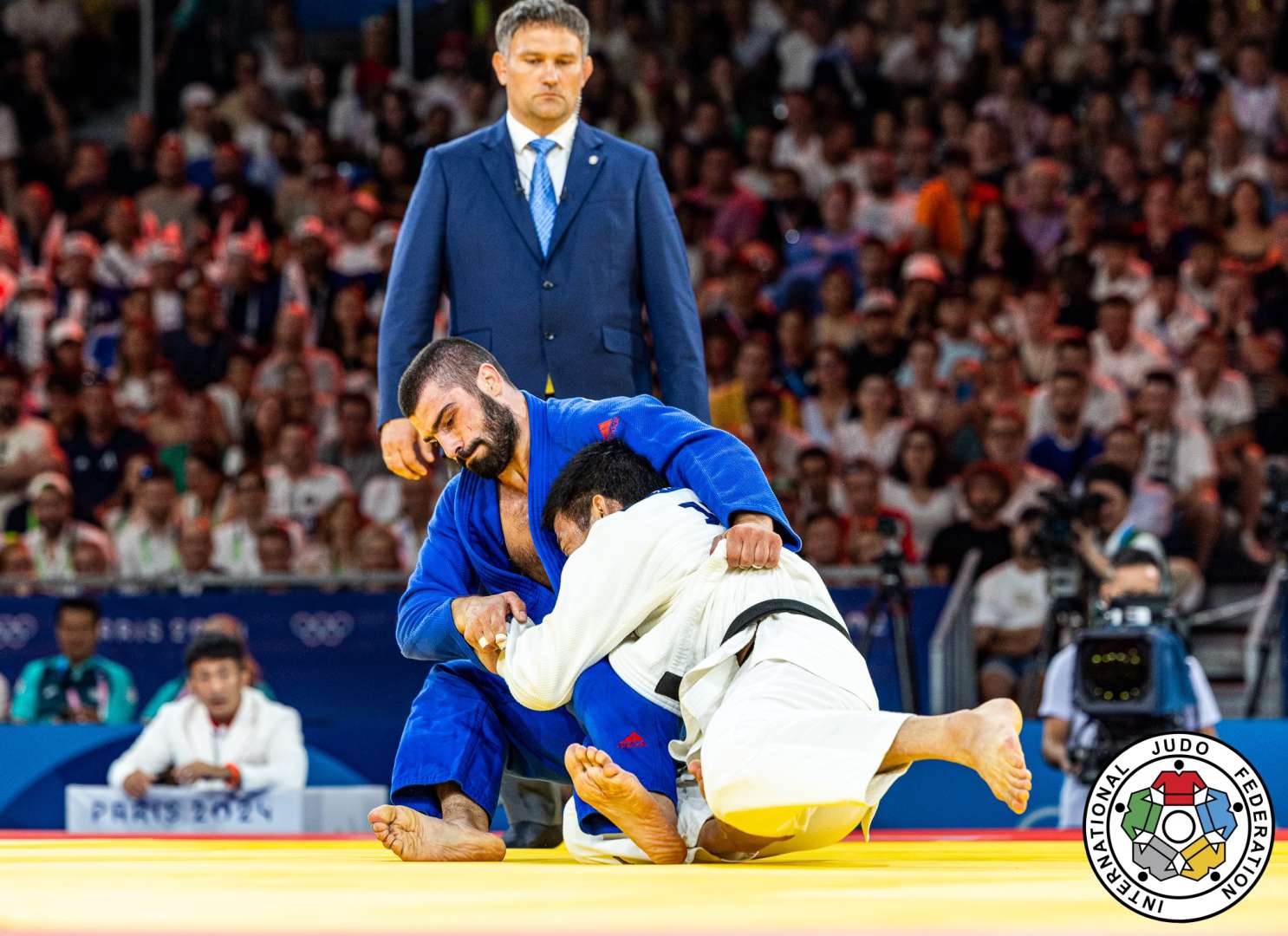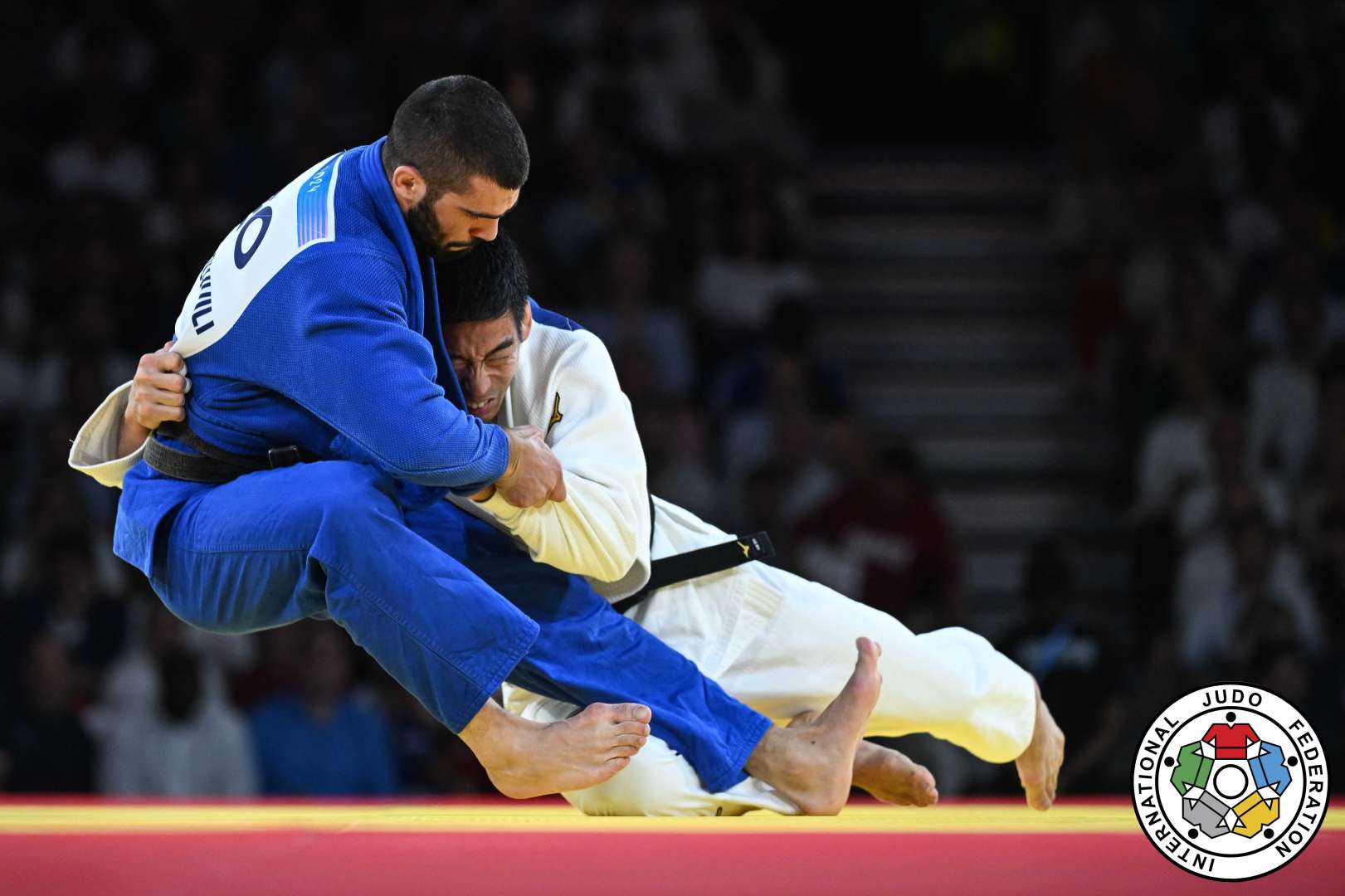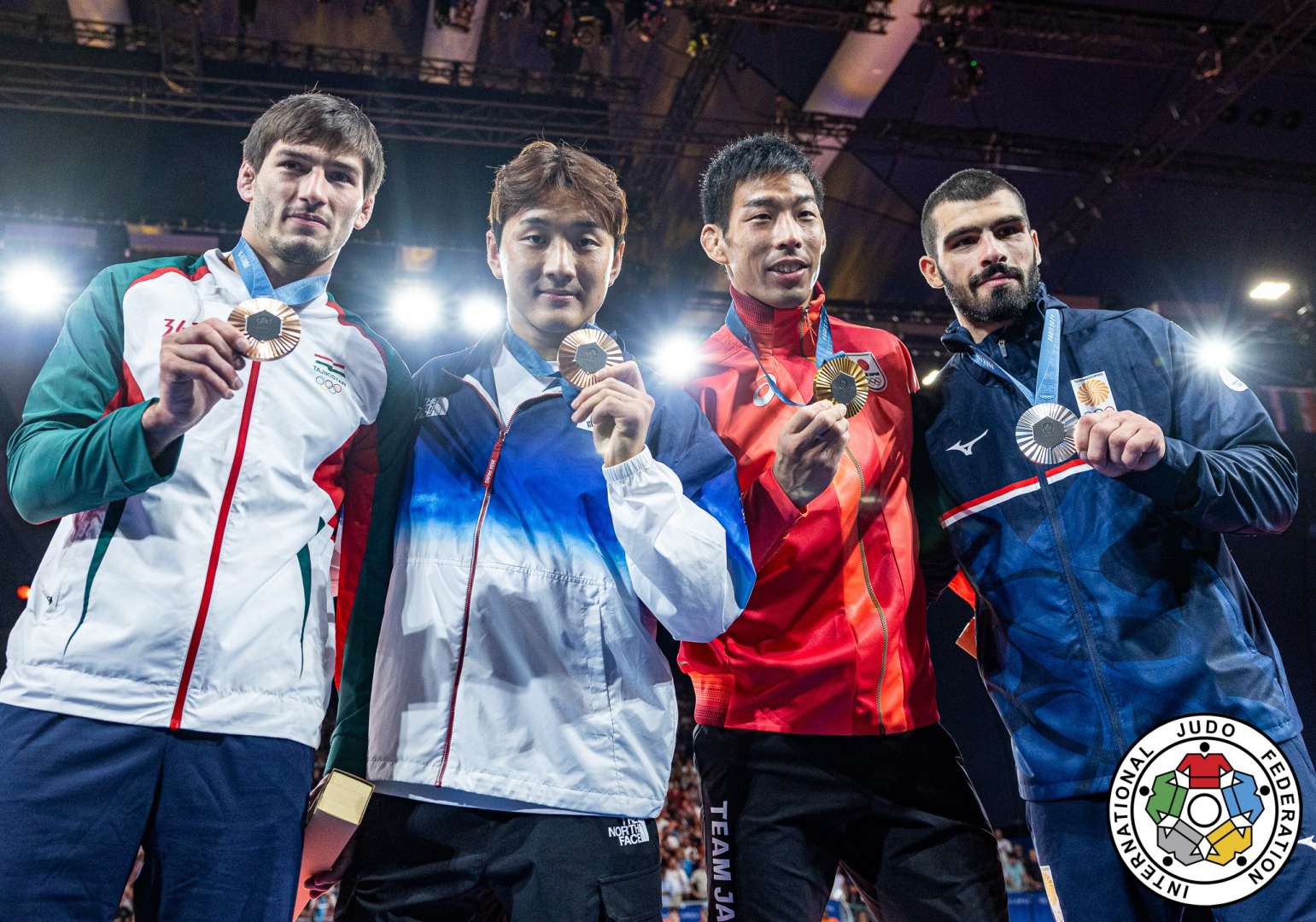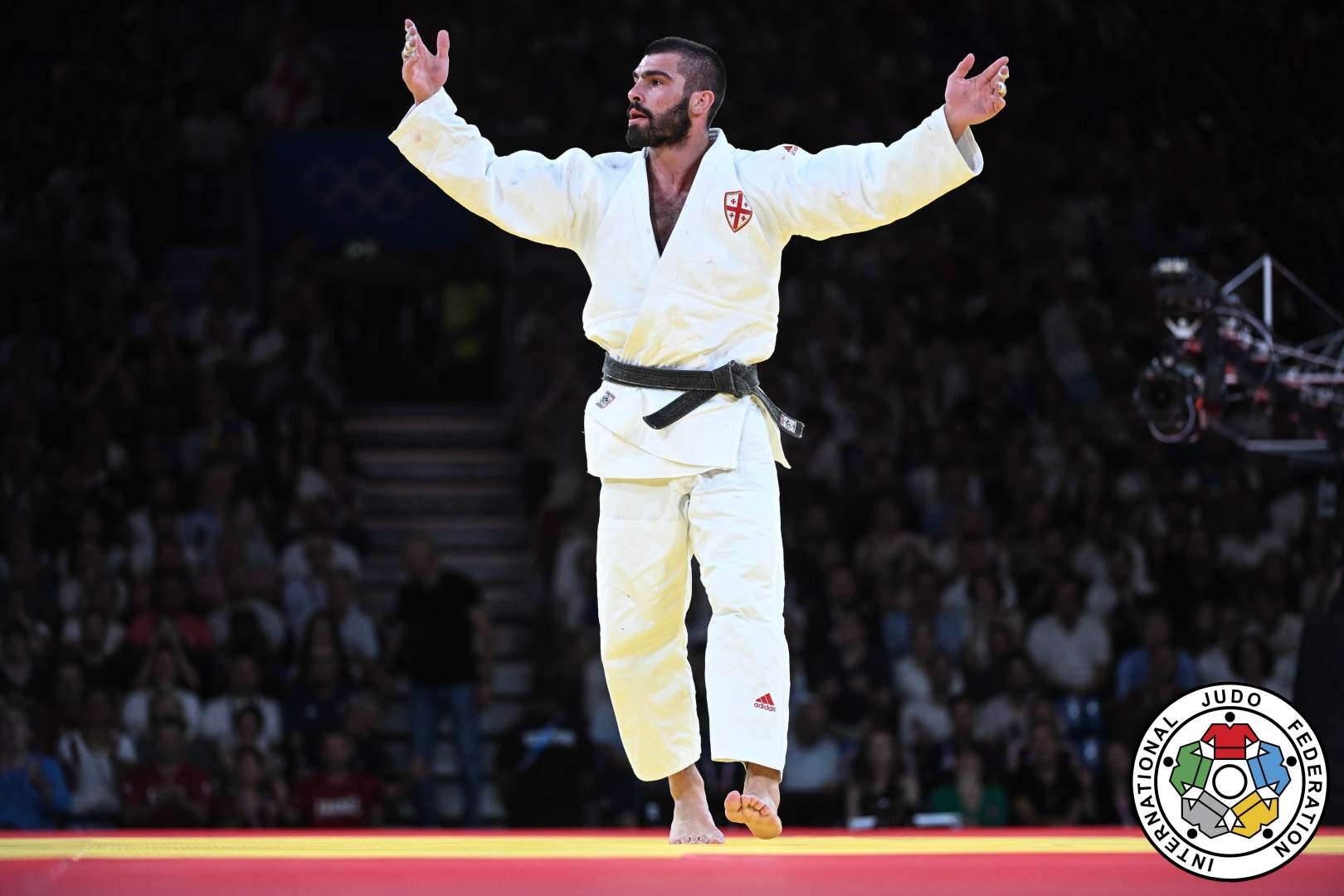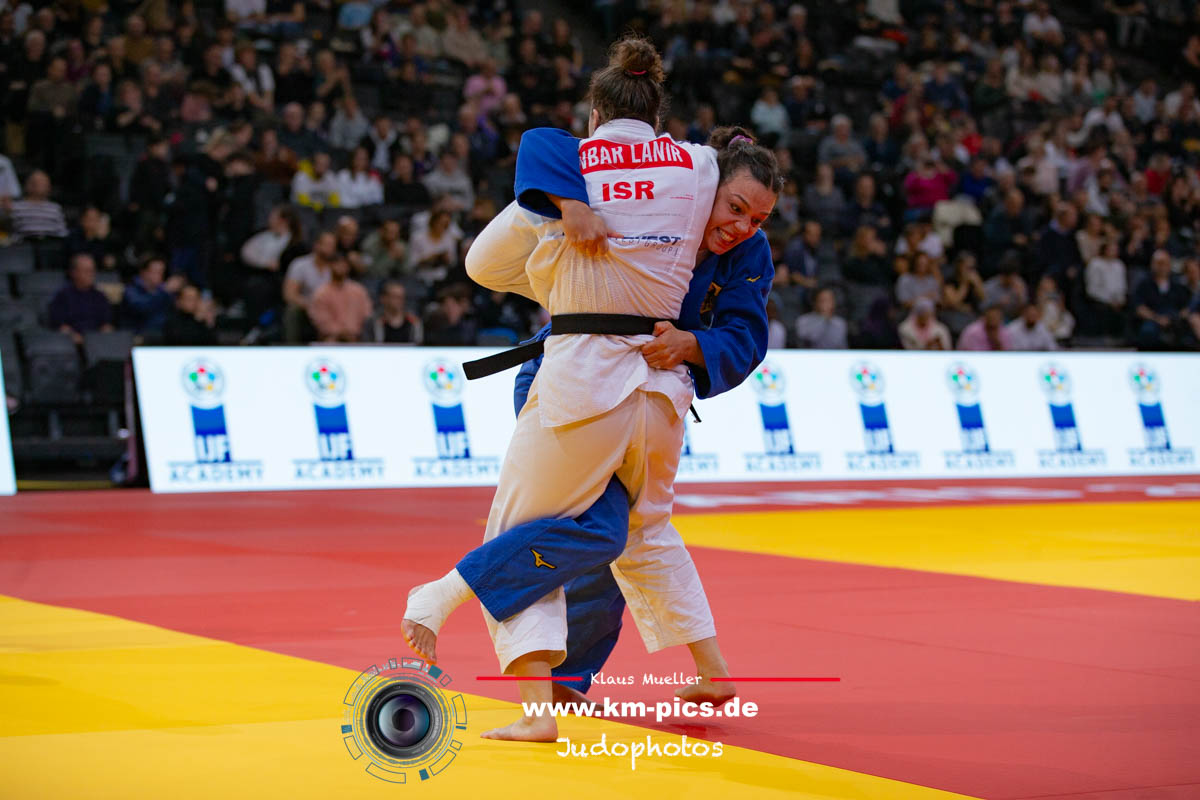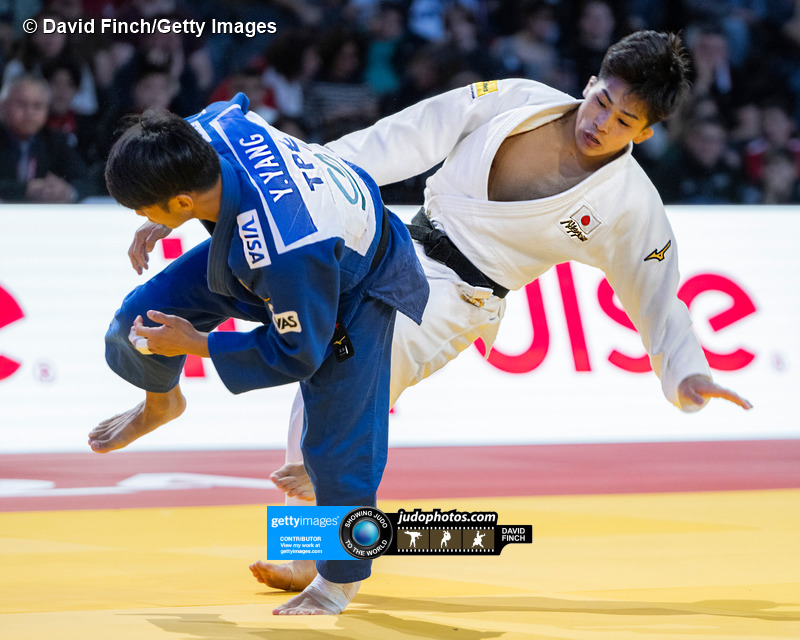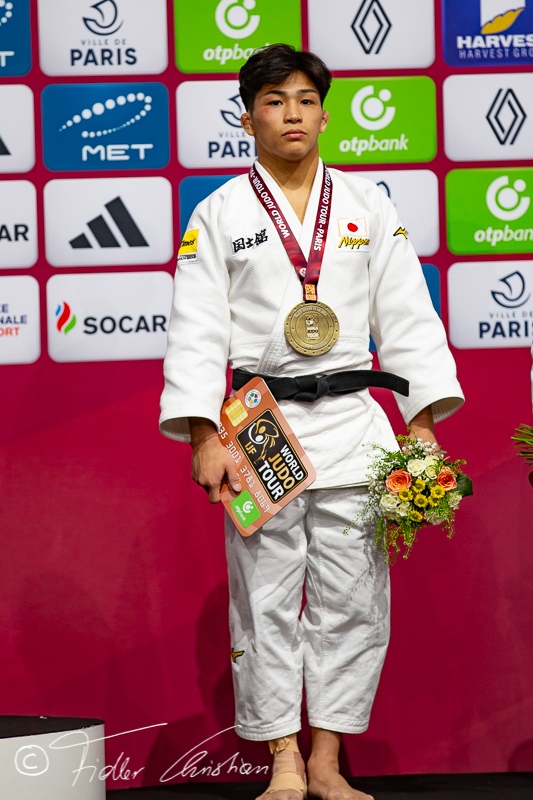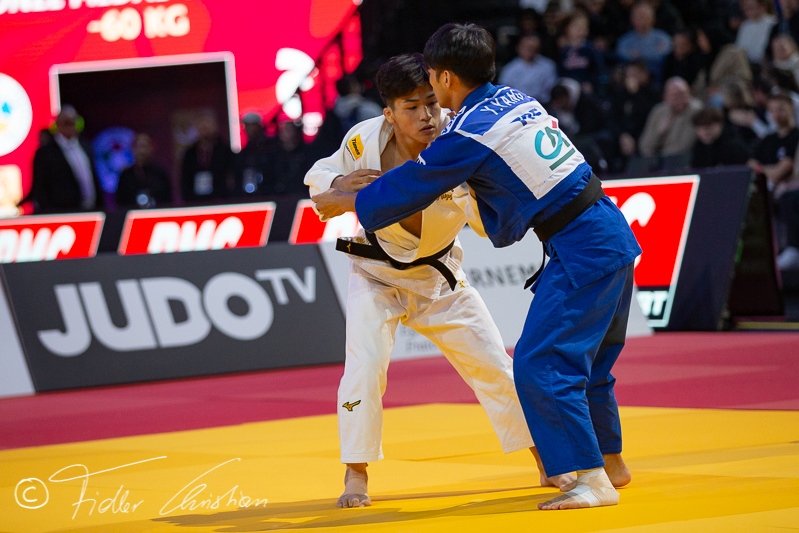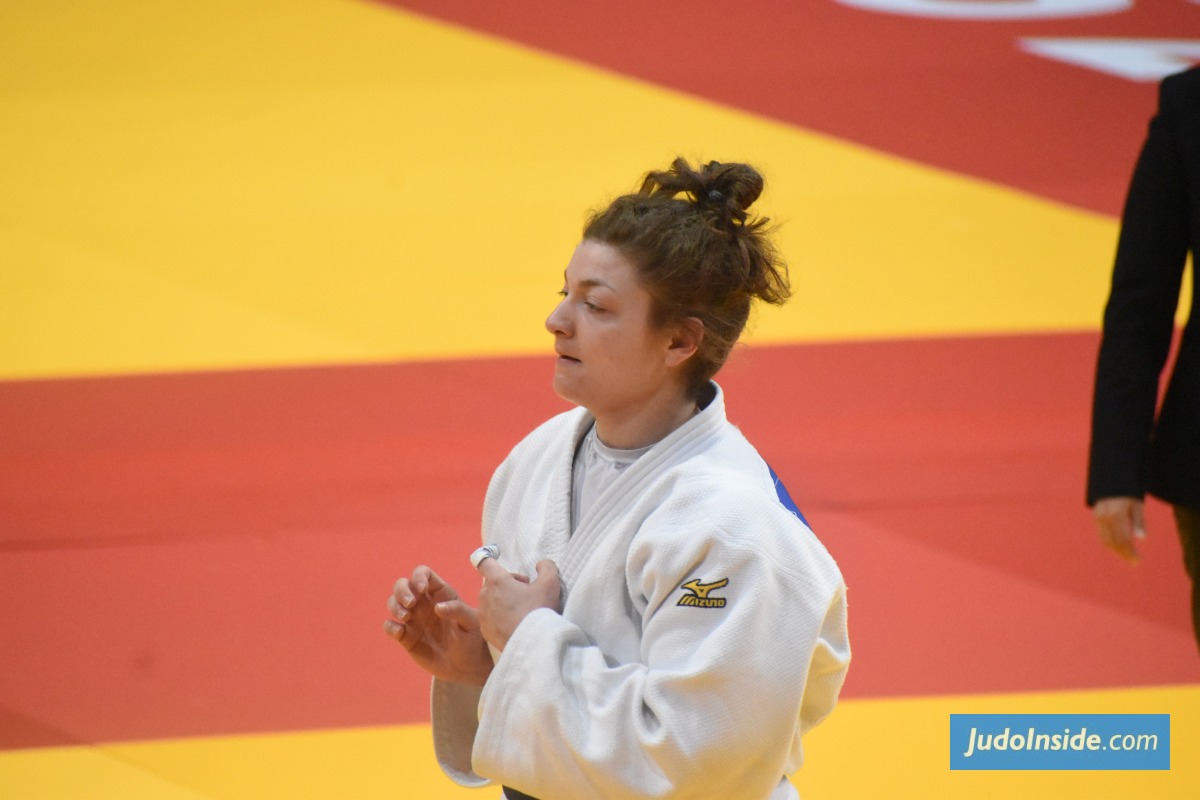Judo in the time of Covid-19: Anamari Velensek
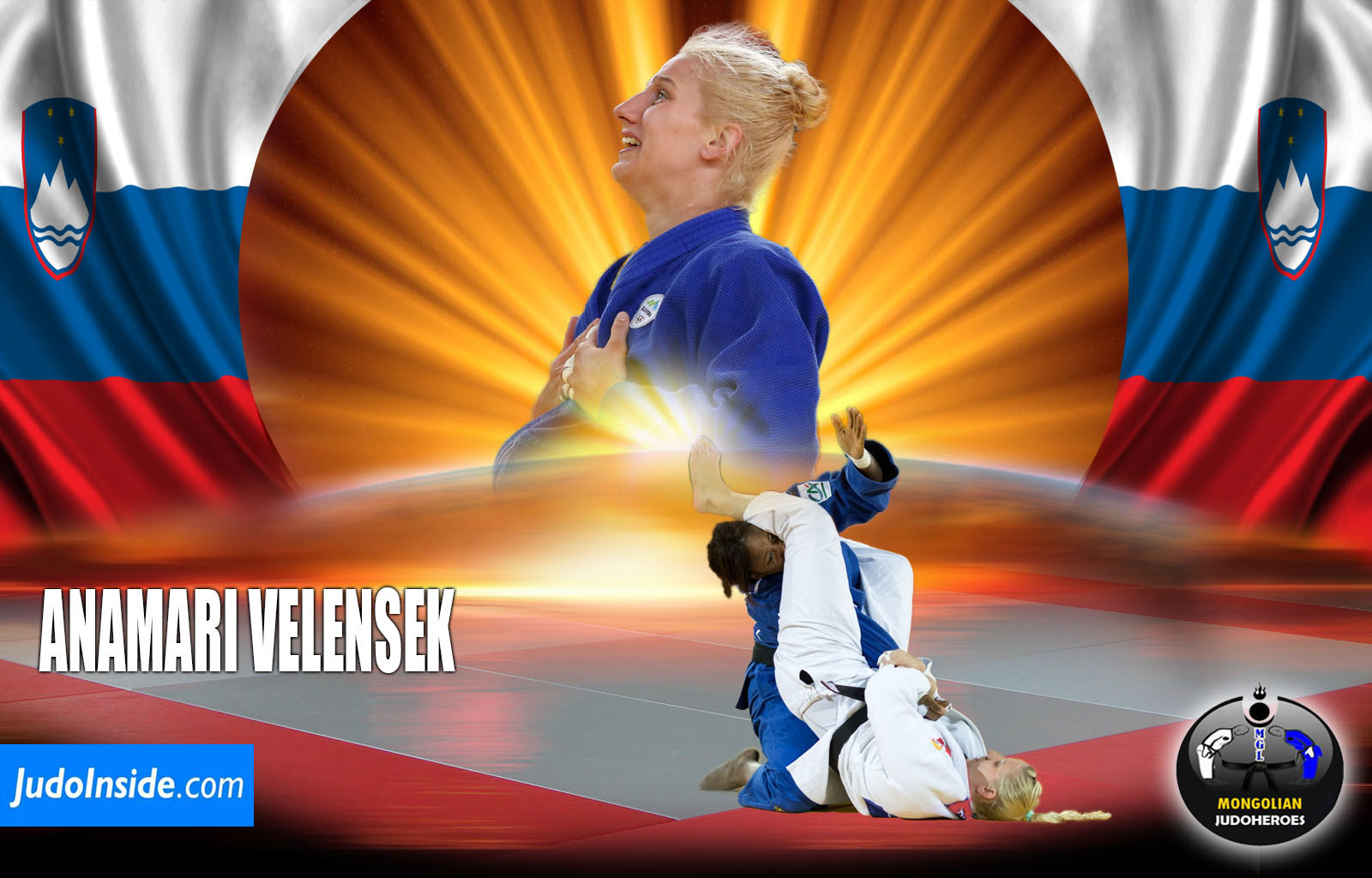
 1 May 2020 10:35
1 May 2020 10:35
 JudoCrazy by Oon Yeoh
JudoCrazy by Oon Yeoh
 Mongolian JudoHeroes
Mongolian JudoHeroes
Slovenian judoka Ana Velensek won an Olympic bronze medal in 2016 in Rio while being injured. She was vice World champion in 2015 in Astana in U78kg. Velensek won various international judo events but after the Games she moved up to +78kg and still managed to win international medals. She must be JudoCrazy, Oon Yeoh asked her about her plans for the future.
JIC: You made the decision to switch to +78kg after the 2016 Rio Olympics. What was the main reason you did so?
AV: After the Games I had a knee operation. I didn't do judo for almost six months and I gained some weight, so after discussing with my coach, I decided to try the +78kg division rather than to cut weight again. I adapted quite well so I decided to stay in this category. A lot of people have asked if I did this to make way for my sister who is fighting in the -78kg division but the truth is, I did this for myself.
JIC: In recent years, the men’s heavyweight division saw a lot of -100kg guys move into +100kg but the women’s heavyweight still doesn’t seem to see that trend of lighter weights moving up. Why do you think that’s so?
AV: I think this is because men gain muscles more easily than women so when they move up a category, they can gain muscle weight. Women may be afraid that if they move up a category, the weight gain is fat rather than muscle. Another reason may be that there is a bigger disparity in weight in the women heavyweight compared to that of the men. If a -78kg woman were to gain 10kg, she would still be only 88kg. That’s still a lot lighter than a woman who is 100kg. So, it’s not easy for a -78kg woman to move up. When I decided to do this, most people told me I was crazy.
JIC: So, is that weight disparity the main challenge you face these days?
AV: A lot of times, yes, the weight difference is big. So, in such situations I must stay very focused all the time to avoid getting injured. A lot of the heavyweight girls are really big and this can be dangerous for me if I'm not careful.
JIC: Do you do a lot of weight training to get the necessary strength to fight these big girls?
AV: At first yes but after that I focused instead on adapting my fighting style to fit this new category. Now, during lock-down of course the only thing I’m doing is physical work, improving my strength and conditioning.
JIC: You come from the famous Sankaku club?
AV: Yes, I started my judo at the Sankaku club when I was eight years old and have been in this club all this while. All my judo came from this club so this is where I'll stay.
JIC: Do you have a lot of randori partners?
AV: No. I have a problem getting enough randoris because there is just one heavyweight guy in my club and no heavyweight girls. I used to do some randoris with my sister but now she is too light for me. Sometimes my coach invites some heavy guys from other clubs so I can get more randoris, and also Ivana Maranić from Croatia, because she lives near Slovenia.
JIC: What about Trstenjak? Do you randori with her or is she way too light for you?
AV: I do randori with Tina sometimes because she is aggressive, so that gets me used to being attacked. I guess it’s also good for her because I am tall, with a long reach, so that allows her to train her gripping.
JIC: When did you decide to become an international competitor?
AV: I don't think there was an exact moment when I made that decision. It just happened along the way. At junior level, I had some good results so my coach asked me to try some senior level competitions. I got some good results there too and before I knew it, I got sucked into international competitions.
JIC: What’s the hardest part about being a professional athlete?
AV: These days I would say being away from my family is the toughest thing. When I was younger, I found it hard giving up the normal life that other girls had. But it paid off in the end.
JIC: You won the World Military Games in 2015. Does that mean you’re in the military?
AV: Yes, I’ve been in the Slovenian Armed Forces since June 2011, as part of the Athletes’ Unit.
JIC: How’s the Covid-19 situation in your country?
AV: Everything is in lock-down. No social life, no going out of the city you live in. You can only go to the nearest market or pharmacy. But you are allowed to go hiking, running or cycling. I got some weights from my club before the lock-down so I am training at home. And I live near the woods so I also do some exercise outside.
JIC: What’s your training schedule like before the lock-down?
AV: Normally, we start with weights or running at 6.00am. At 7.00pm, we do judo. If there’s a competition coming up, we have an extra session at 10.00am.
JIC: What aspects of training do you like and dislike?
AV: I like randoris and weight training. I dislike running.
JIC: How many more Olympics do you want to go for?
AV: I think this will be my last one.
JIC: What are your plans for life after competition?
AV: I want to have a family. But in terms of profession, maybe I’ll work in social care because I’m doing a degree in social care.
JIC: What does judo mean to you?
AV: It’s a way of life. I’ve given my all to it and I can’t imagine my life without it.
Become a JudoCrazy Patron and read all their stories here
The +78kg category will take place at the Last individual day of the Olympic Games at 31 July 2021.
 like
like
 share
share
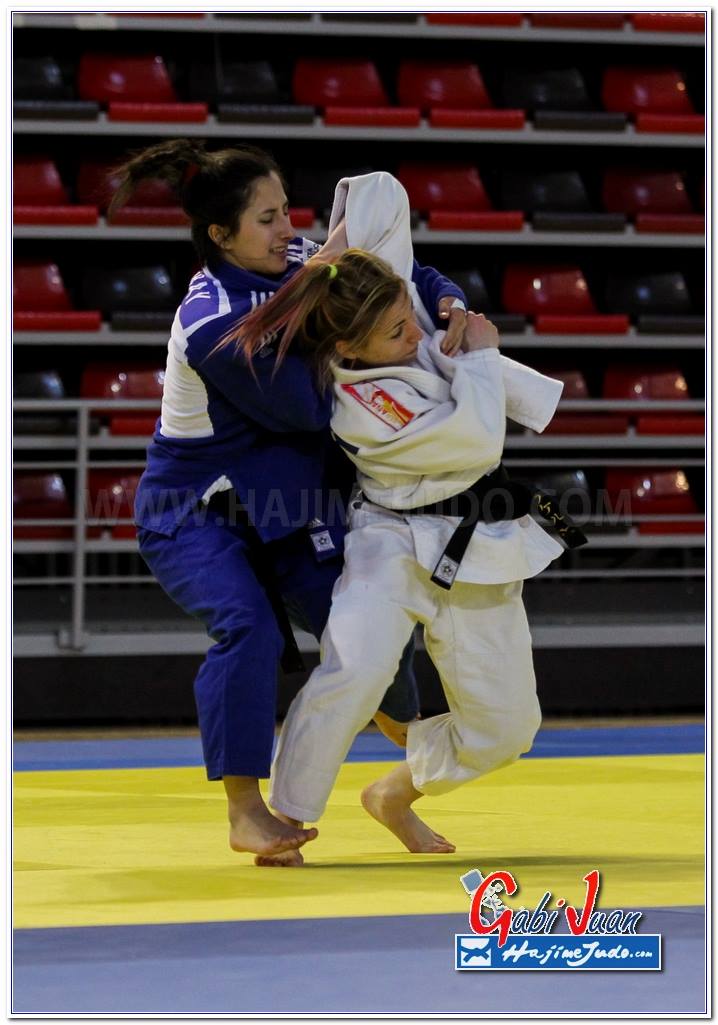
| Result | City | Date |
|---|---|---|
| 2 | Paris | 2024 |
| 1 | Abu Dhabi | 2024 |
| 1 | Zagreb | 2024 |
| 3 | Belgrade | 2023 |
| 2 | Montpellier | 2023 |

 - TCHEUMEO, Audrey (FRA) podium.jpg)
 (1).jpg)




